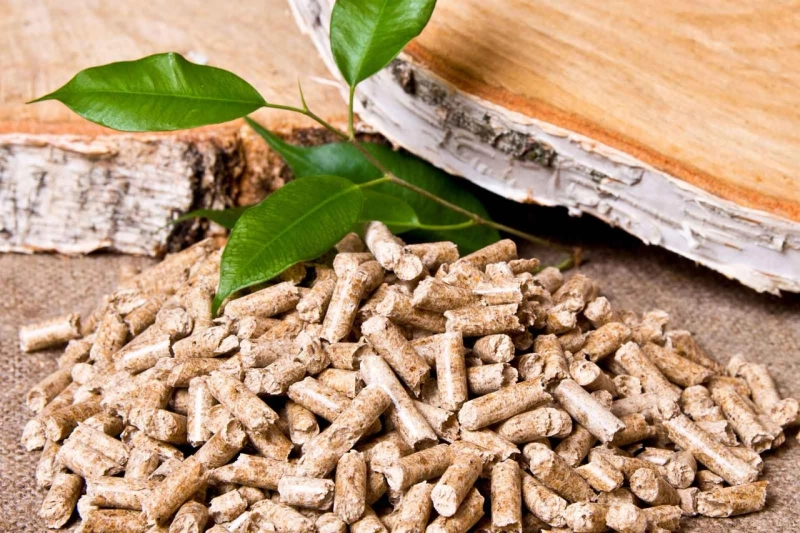In the pursuit of clean energy solutions, biomass pellets have emerged as a powerful alternative to fossil fuels. With rising energy demands and growing environmental concerns, industries and households alike are turning to biomass pellets as a renewable, efficient, and eco-friendly fuel source.
What Are Biomass Pellets?
Biomass pellets are cylindrical fuel products made from compressed organic matter such as agricultural residues, sawdust, wood chips, and forestry waste. They are typically uniform in shape, size, and moisture content, making them a highly efficient source of energy.
The production process involves drying the raw materials, grinding them into fine particles, and compressing them using high pressure. No chemical binders are needed, making them an all-natural product.
Why Biomass Pellets Are Gaining Popularity
Eco-Friendly Energy:
Biomass pellets are carbon-neutral, meaning the carbon dioxide released during combustion is roughly equal to the amount absorbed by the plants during their lifecycle. This makes them a cleaner option compared to coal or petroleum-based fuels.
Cost-Effective:
The cost of biomass pellets is generally lower than that of traditional fuels. Since they are made from waste materials, the raw input is abundant and inexpensive.
High Energy Output:
Biomass pellets have a high calorific value, providing excellent combustion efficiency. They burn hotter and longer, making them suitable for boilers, industrial furnaces, and domestic heating systems.
Minimal Waste and Storage Ease:
These pellets produce low ash residue and are easy to store and transport due to their compact size and shape.
Applications of Biomass Pellets
- Residential Heating: Used in pellet stoves and boilers to heat homes.
- Industrial Use: Fuel for steam boilers, hot air generators, and power plants.
- Agricultural Use: Ideal for greenhouse heating and drying operations.
- Commercial Sector: Used in hotels, schools, and hospitals for clean energy heating solutions.
Environmental Impact of Biomass Pellets
One of the most compelling reasons to switch to biomass pellets is their positive environmental impact. Unlike coal or oil, biomass is a renewable resource. Utilizing agricultural and forestry waste reduces landfill pressure and open-field burning, both of which contribute significantly to pollution.
Additionally, many countries are promoting biomass energy as part of their climate goals, offering subsidies and incentives to pellet producers and consumers.
The Future of Biomass Pellets
As the world pushes toward net-zero emissions, the role of biomass pellets will continue to grow. Innovations in pellet production and combustion technology are improving efficiency and reducing emissions further. Whether for small-scale residential heating or large industrial applications, biomass pellets are poised to become a mainstay in the clean energy mix.
Conclusion
Biomass pellets offer a sustainable, cost-effective, and environmentally responsible solution to our growing energy needs. Whether you're a homeowner looking for a cleaner heating method or a business seeking to reduce your carbon footprint, investing in biomass pellets is a step toward a greener, more energy-secure future.


